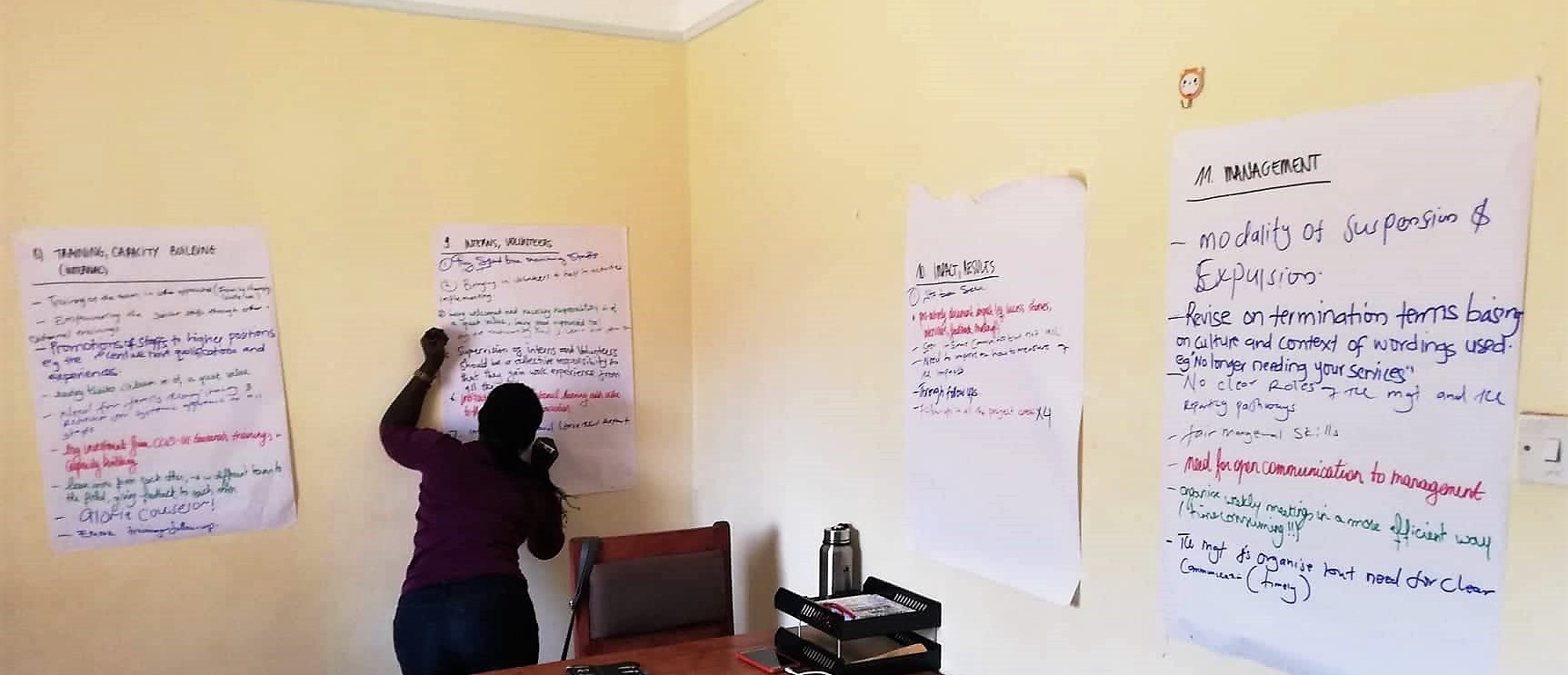Tránsito Educativo: A study on the impact of school transition programs in the secondary school trajectories of children from low socio-economic backgrounds
Country
Uruguay
01-10-2016 - 30-09-2020
BOF - Doctoral scholarships for candidates from developing countries & IADB - "Red de conocimiento local en juventud" grant for young researchers
Jennifer Vinas-Forcade,
Cindy Mels,
Martin Valcke &
Ilse Derluyn
BACKGROUND
In Latin America, there is a “drop-out crisis”, where nearly half of the children do not finish secondary school (IADB, 2012). Uruguay is not an exception in this regional trend: though practically all Uruguayan children complete primary school, only 40% finishes secondary school,. The higher the socioeconomic status of the child’s family, the higher the chances the child will complete secondary school (INEEd, 2014).
The primary to secondary school transition is considered the first and most important “bottleneck” students encounter in their educational trajectories (ANEP, 2005). From Tinto's perspective, this transition poses a challenge for students, but also for teachers, who need to foster learner development and work towards academic success in this context of change (Moreira et al., 2013: Pascarella et al., 1983). In an attempt to improve the educational attainment of the entire population, with a specific focus on children with low socio-economic backgrounds, the Uruguayan government introduced in 2011 the Programa Tránsito Educativo (PTE) (UGB, 2013), with the effective enrollment in secondary school, good school attendance, good academic achievement and re-enrollment in the the following year of secondary school as intended impacts. Nevertheless, little is known on whether this program effectively attains its goals, and thus whether or not it should be sustained, scaled-up, and eventually transferred to other contexts and countries. There are also knowledge gaps on how these effects evolve on a longer term, and whether or not the impact is similar for all different student groups, in particular for the targeted group of children from low socio-economic backgrounds. Additionally, there is no clarity on which elements in the program specifically account for the possible impacts found; nor has it been established to what extent the model of Tinto applies to Latin-American contexts.
The primary to secondary school transition is considered the first and most important “bottleneck” students encounter in their educational trajectories (ANEP, 2005). From Tinto's perspective, this transition poses a challenge for students, but also for teachers, who need to foster learner development and work towards academic success in this context of change (Moreira et al., 2013: Pascarella et al., 1983). In an attempt to improve the educational attainment of the entire population, with a specific focus on children with low socio-economic backgrounds, the Uruguayan government introduced in 2011 the Programa Tránsito Educativo (PTE) (UGB, 2013), with the effective enrollment in secondary school, good school attendance, good academic achievement and re-enrollment in the the following year of secondary school as intended impacts. Nevertheless, little is known on whether this program effectively attains its goals, and thus whether or not it should be sustained, scaled-up, and eventually transferred to other contexts and countries. There are also knowledge gaps on how these effects evolve on a longer term, and whether or not the impact is similar for all different student groups, in particular for the targeted group of children from low socio-economic backgrounds. Additionally, there is no clarity on which elements in the program specifically account for the possible impacts found; nor has it been established to what extent the model of Tinto applies to Latin-American contexts.
OBJECTIVE
The main objective of this study is to evaluate if and in which ways the Programa Tránsito Educativo (PTE) impacts the secondary school trajectories of participating Uruguayan children, in particular for those with low socio-economic backgrounds. Additionally, the study aims at gaining knowledge on how social and academic integration, expectations, goals and commitment in the early years of secondary school impact children’s educational trajectories, in accordance to the model of Tinto.
PROJECT DESCRIPTION
The methodology includes three studies: an impact evaluation of the program and its different implementation modalities, a longitudinal follow-up through administrative registers of the educational trajectories of a large students’ cohort and an in-depth qualitative study to assess the particular program elements leading to possible impact.
